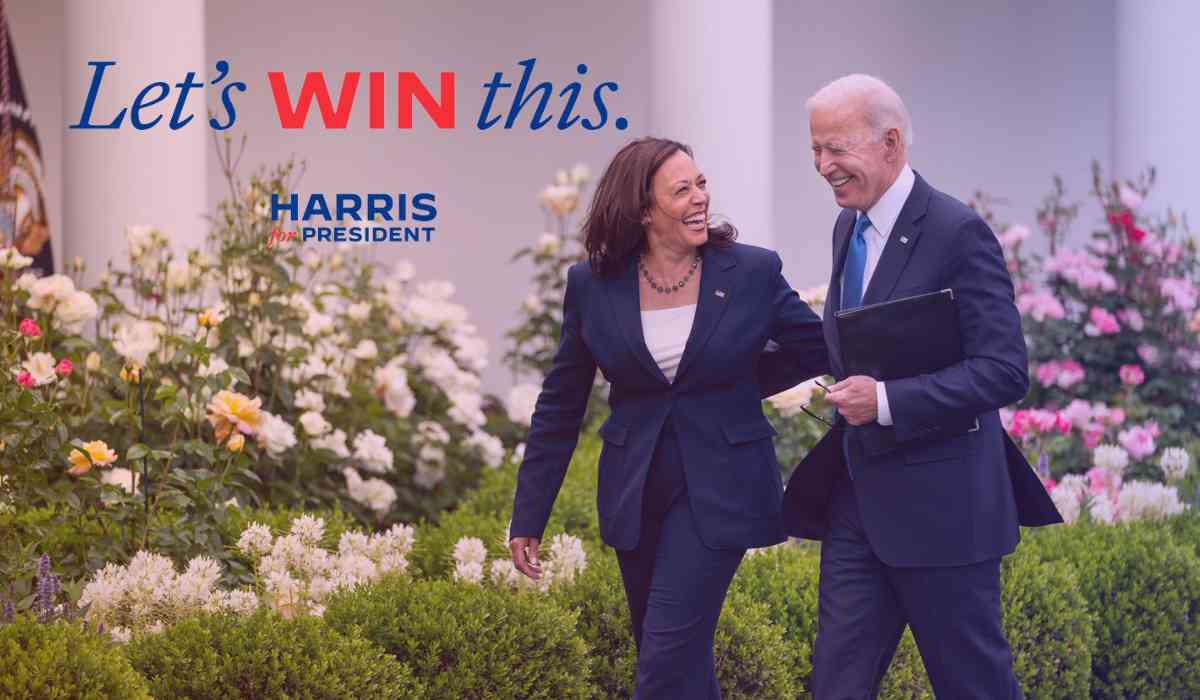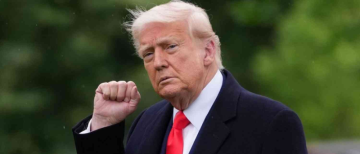In an unexpected turn of events, President Joe Biden has announced his decision to withdraw from the 2024 presidential race. In a statement released on social media, Biden expressed his belief that stepping down is in the best interest of the Democratic Party and the country. This historic decision has sent ripples through the political landscape, as Biden endorses Vice President Kamala Harris to take his place as the Democratic nominee. The move sets the stage for a dynamic and potentially transformative election season as the party rallies around Harris to face off against former President Donald Trump.
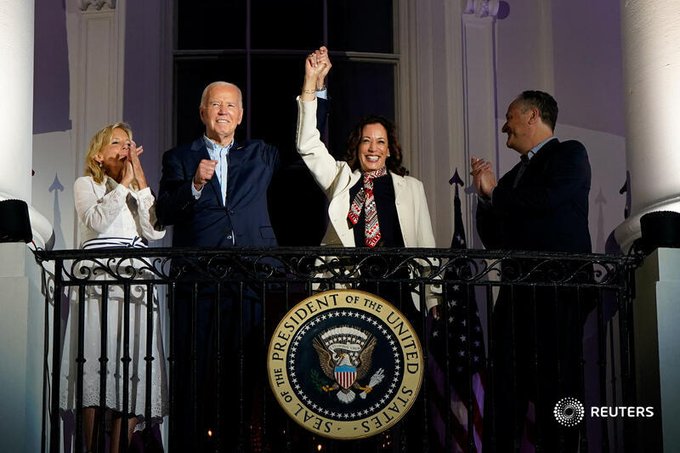
The Announcement: Biden Steps Down
President Biden's decision to step down from the 2024 presidential race marks a significant moment in American political history. Biden, currently recovering from COVID-19, made the announcement from Rehoboth Beach, Delaware, emphasising his commitment to fulfilling his duties as president during his remaining term.
He acknowledged the pressures and challenges that led to his decision, reflecting on the importance of party unity and the need for a strong candidate to defeat Trump.
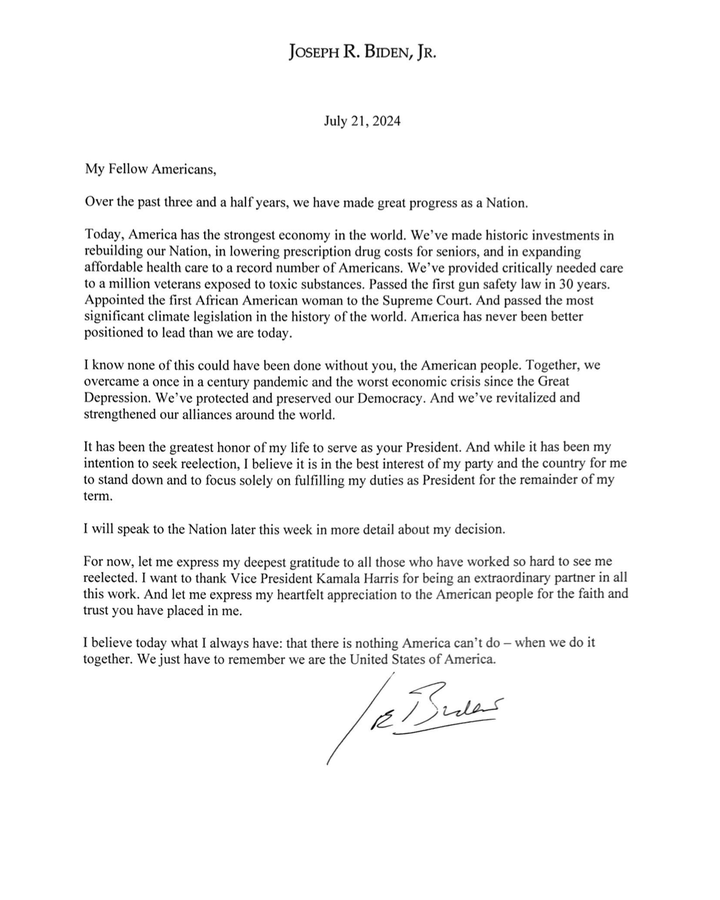
Biden Endorses Kamala Harris
Shortly after announcing his withdrawal, President Biden endorsed Vice President Kamala Harris as the Democratic nominee for the 2024 presidential race. Biden's endorsement underscores his confidence in Harris's ability to lead the party and the nation.
Harris, in her statement, expressed her gratitude and commitment to uniting the Democratic Party and the country. She highlighted her dedication to addressing the critical issues facing Americans and her readiness to take on Trump and his agenda.
On behalf of the American people, I thank Joe Biden for his extraordinary leadership as President of the United States and for his decades of service to our country.
I am honored to have the President’s endorsement and my intention is to earn and win this nomination.— Kamala Harris (@KamalaHarris) July 21, 2024
The Impact of Biden's Decision
Historical Context
Biden's decision to step down is unprecedented in modern American politics. He is the first sitting president eligible for re-election to withdraw from the race since Lyndon Johnson in 1968. This move has raised questions about the future of the Democratic Party and the potential implications for the upcoming election.
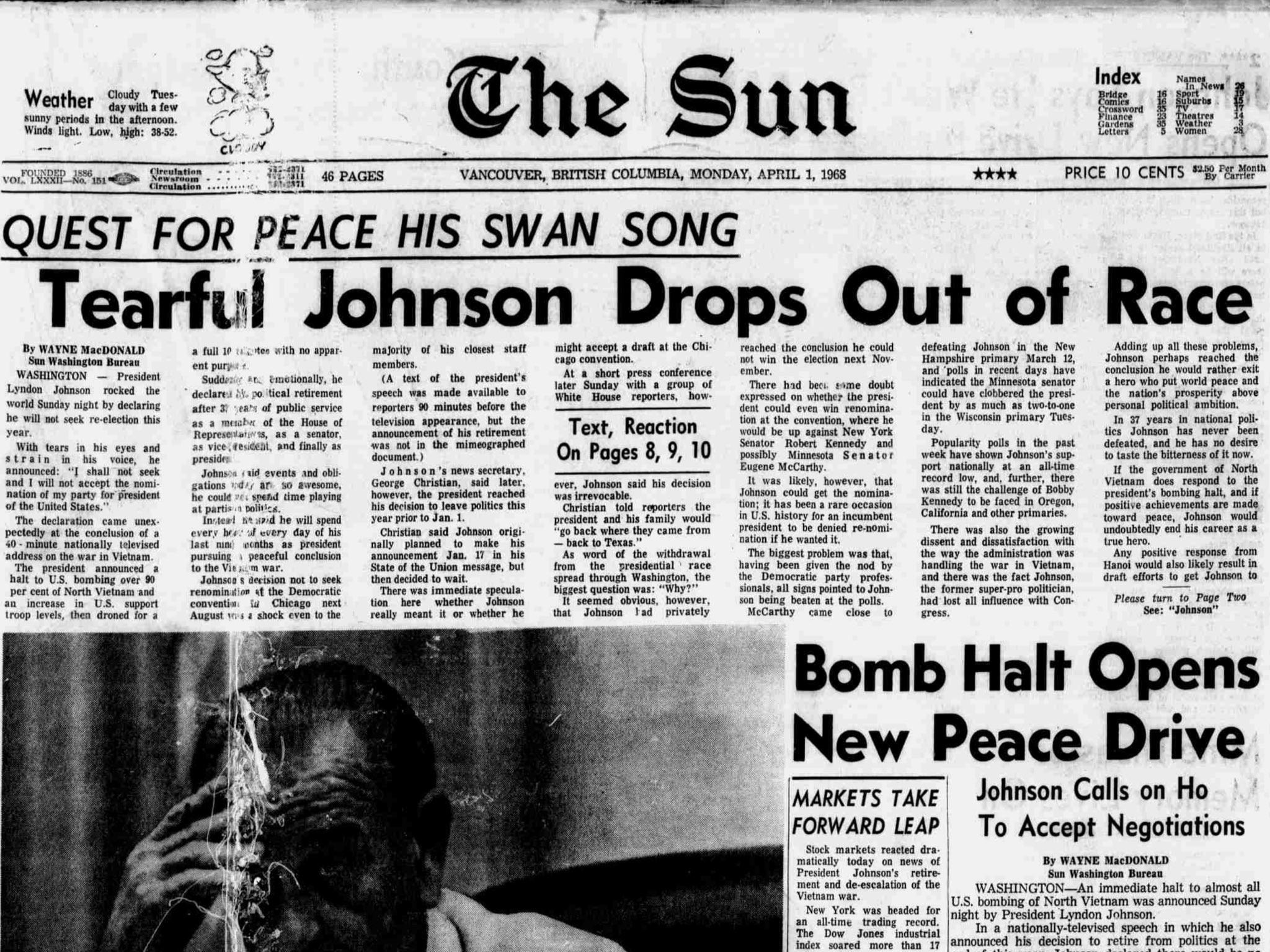
Reaction from the Democratic Party
The Democratic National Committee (DNC) is now faced with the task of navigating this unexpected development. An emergency meeting of senior DNC members took place shortly after Biden's announcement, focusing on the process of nominating Harris as the candidate.
DNC chair Jaime Harrison emphasised the importance of a transparent and orderly transition, ensuring that the party remains united and focused on defeating Trump.
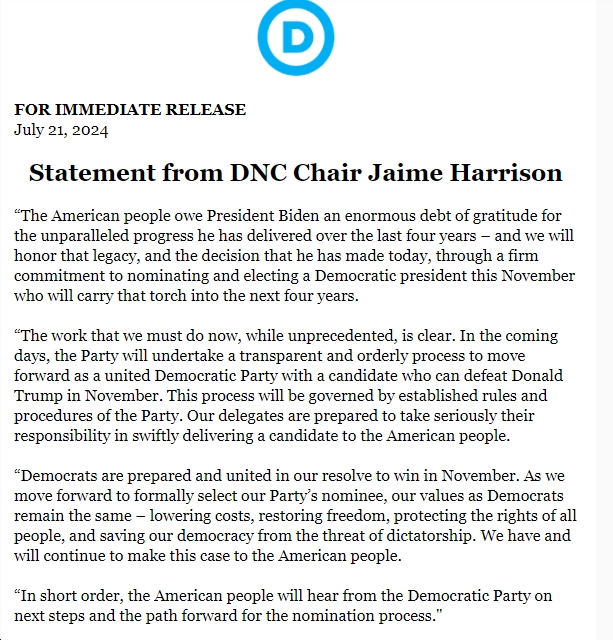
Republican Response
Former President Donald Trump, recently nominated as the Republican candidate, responded to Biden's announcement with a mixture of surprise and criticism.
Trump labelled Biden as the "worst president by far" and expressed confidence that Harris would be easier to defeat in the general election. Trump's reaction highlights the high stakes of the upcoming election and the challenges Harris will face as the Democratic nominee.
“FIRST, Biden’s FBI raided my home! THEN, his corrupt allies HAD ME CONVICTED IN A RIGGED TRIAL! But RIGHT NOW, he just quit the race in COMPLETE DISGRACE!”
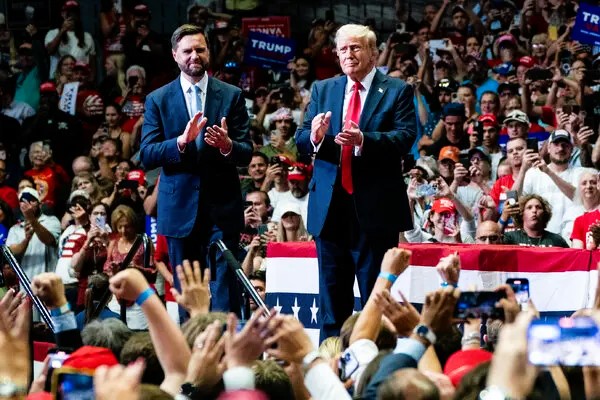
The Path Forward for Kamala Harris
Campaign Strategy
With Biden's endorsement, Kamala Harris is now tasked with leading the Democratic campaign. Her strategy will involve uniting the party, addressing key policy issues, and countering Trump's rhetoric. Harris's campaign will focus on her experience as Vice President, her legislative achievements, and her vision for the future of America.
Key Issues
Harris's campaign will likely prioritise several critical issues, including healthcare, economic recovery, climate change, and social justice. Her ability to articulate and address these issues will be crucial in gaining the support of Democratic voters and undecided independents.
_1721651378.jpeg)
Democratic National Convention
The Democratic National Convention, scheduled for August 19 in Chicago, will be a pivotal moment for the party. Delegates will formally nominate Harris as the Democratic candidate, setting the stage for the general election campaign. The convention will serve as an opportunity for the party to showcase its unity and highlight Harris's qualifications and vision for the future.
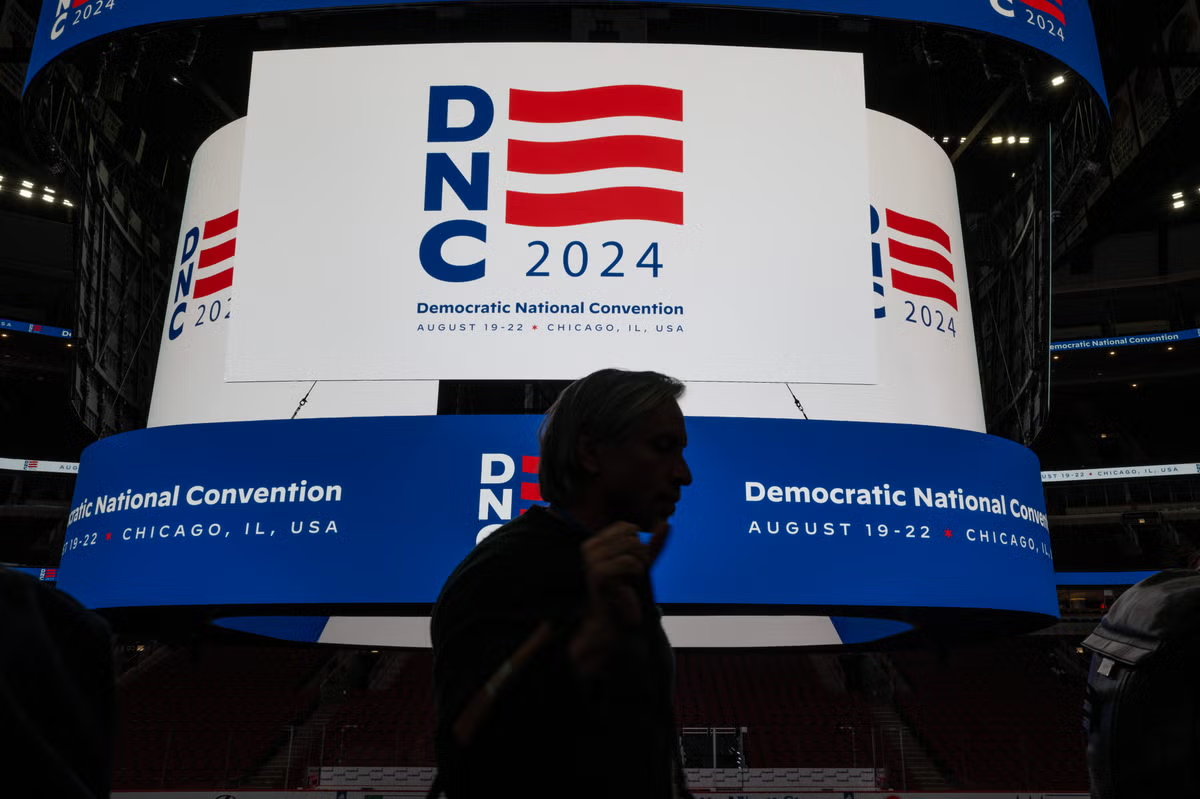
Historical Precedent: Presidents Who Stepped Down
Lyndon Johnson
Biden's decision to step down draws parallels to President Lyndon Johnson's announcement in 1968. Johnson, facing widespread opposition to the Vietnam War, chose not to seek re-election, paving the way for Vice President Hubert Humphrey's nomination. Humphrey ultimately lost to Richard Nixon, marking a significant moment in American political history.
Other Historical Examples
Throughout American history, a few other presidents have chosen not to seek re-election, including Rutherford B. Hayes, James Buchanan, and James Polk. Each of these decisions had unique impacts on their respective political landscapes and offers valuable lessons for the current political climate.
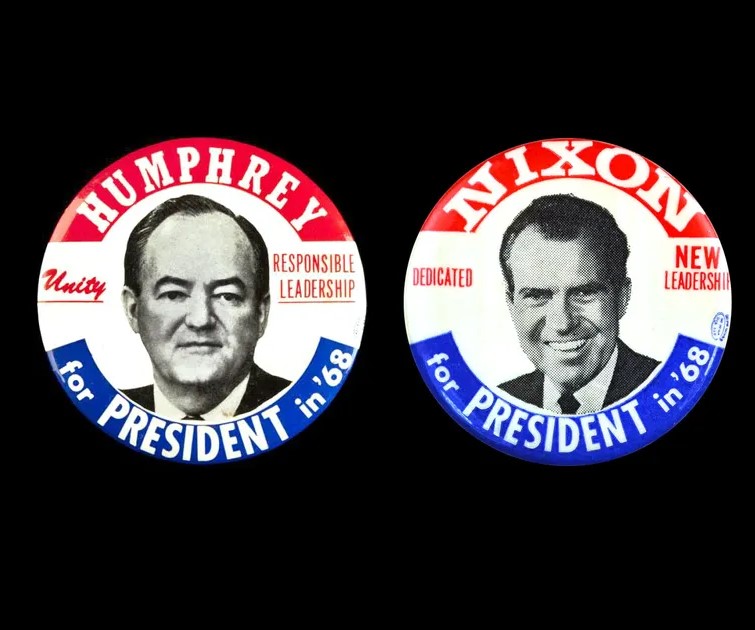
Biden's Family Reaction
The Biden family's reaction to the president's decision has been one of support and pride. First Lady Jill Biden, along with Biden's children and grandchildren, have publicly expressed their admiration for his dedication and selflessness. The family's statements highlight the personal sacrifices and emotional toll that political life can entail.
_1721651883.png)
The Role of the DNC and Democratic Delegates
Delegate Decision-Making
The DNC and Democratic delegates now face the responsibility of officially nominating Harris. This process will involve a series of meetings, votes, and strategic discussions to ensure a smooth transition. The delegates' decisions will shape the future of the Democratic campaign and influence the party's ability to rally support ahead of the general election.
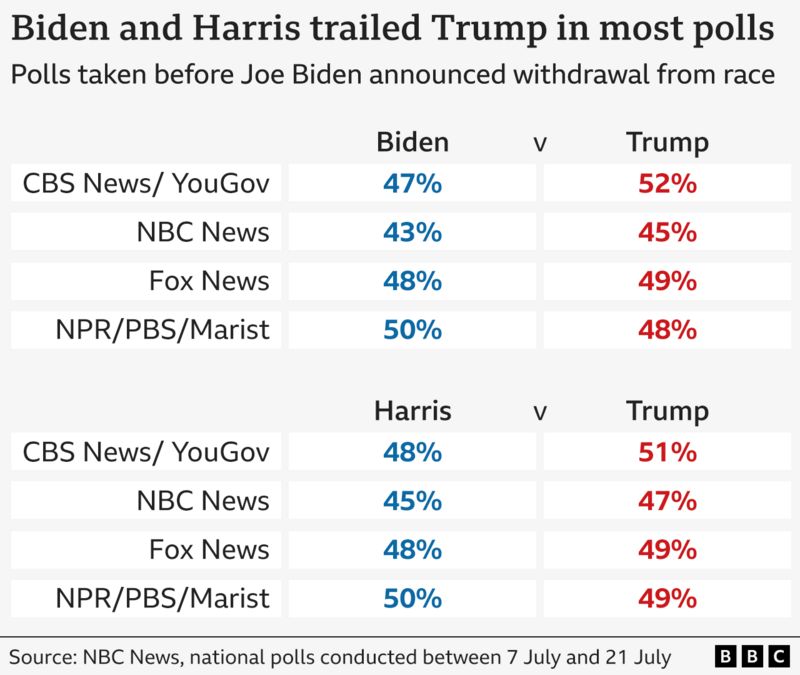
Ensuring Party Unity
One of the primary challenges for the DNC and Harris's campaign will be ensuring party unity. This involves bridging divides within the party, addressing concerns from different factions, and presenting a cohesive vision to voters. Party unity will be essential in mobilising support and maximising voter turnout in November.
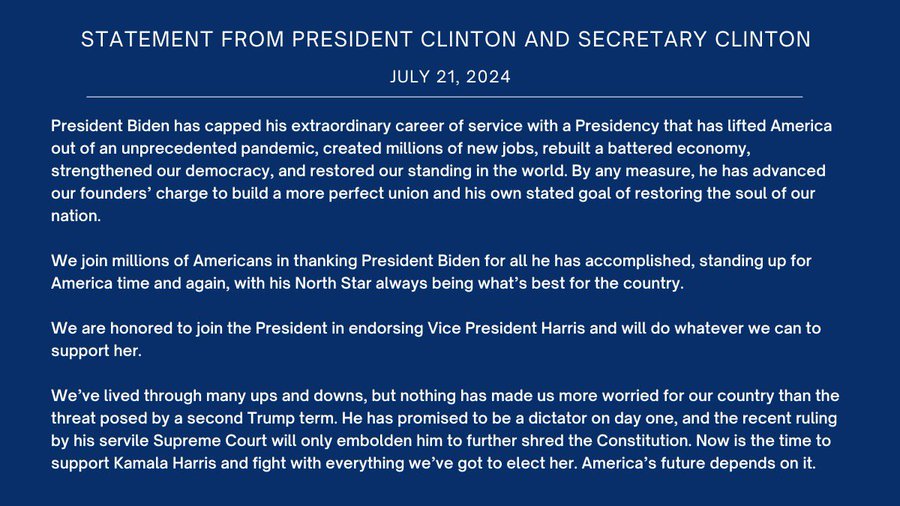
The Road to the General Election
Campaign Challenges
Harris's campaign will face several challenges in the lead-up to the general election. These include countering Trump's aggressive campaign tactics, addressing voter concerns, and managing media scrutiny. Effective communication, strategic planning, and a strong ground game will be critical to overcoming these challenges.
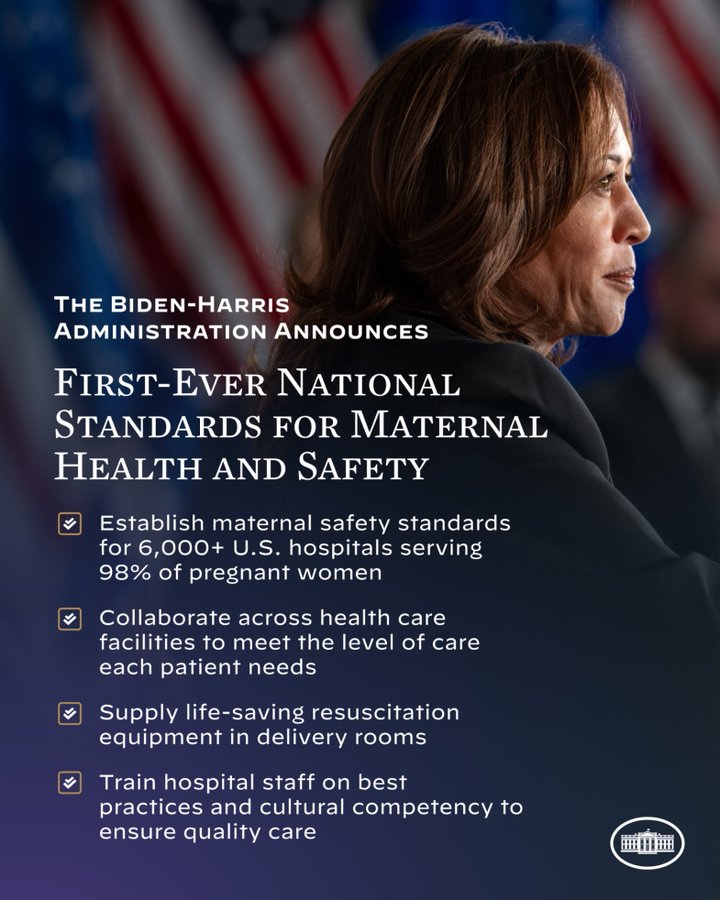
Voter Engagement
Engaging voters will be a top priority for Harris's campaign. This involves reaching out to diverse communities, addressing key issues, and inspiring voter participation. Harris's ability to connect with voters on a personal level and articulate her vision for the future will be crucial in securing support.
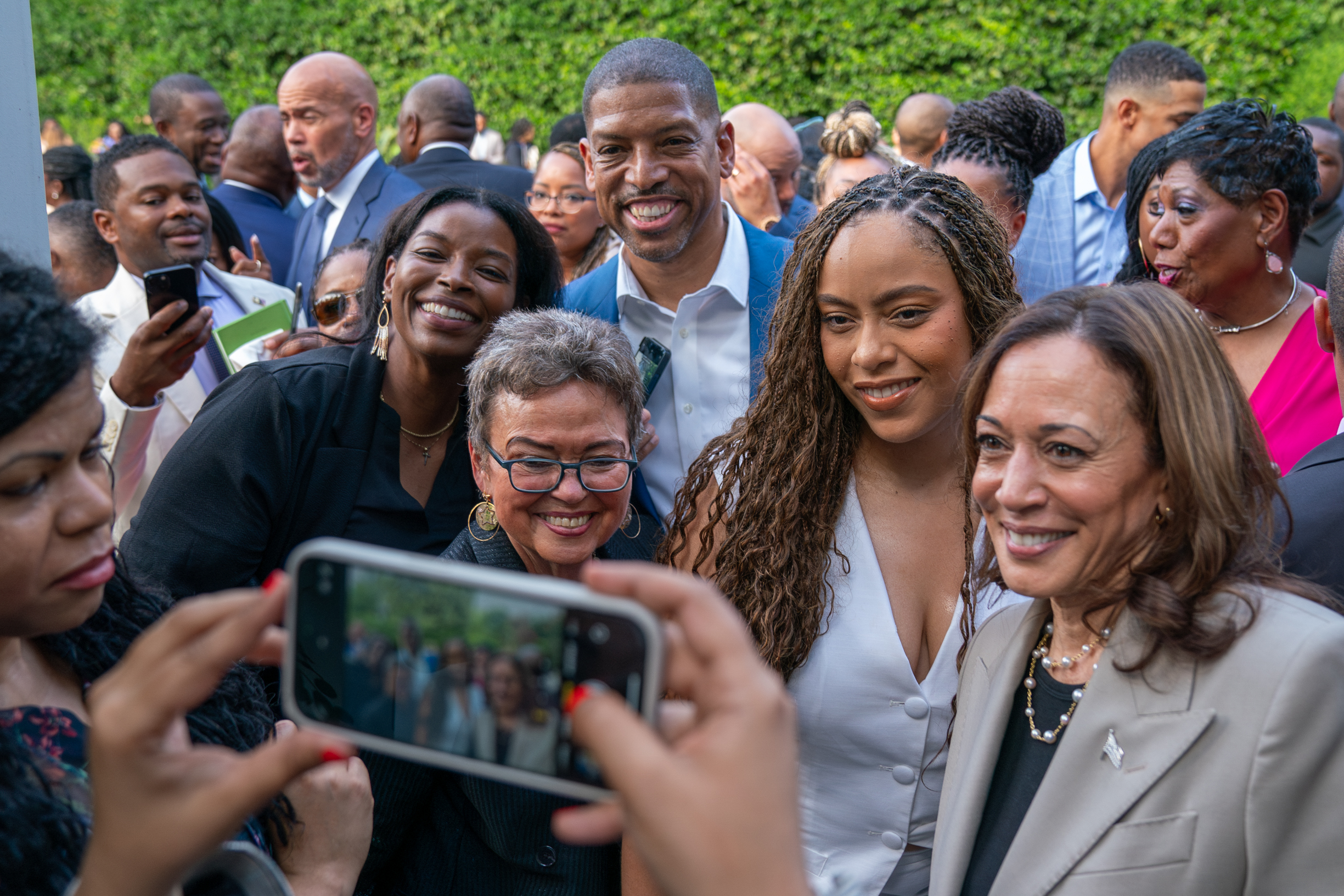
Conclusion
As the political landscape shifts, Vice President Kamala Harris faces the challenge of uniting Democrats and mounting a strong campaign against former President Trump. The 2024 election promises to be one of the most consequential in recent history, with both candidates vying to shape America's future. As the nation prepares for this pivotal moment, voters and observers alike await the outcome of this unprecedented race.
Inputs from Multiple Agencies
Media from multiple sources
Ⓒ Copyright 2024. All Rights Reserved Powered by Vygr Media.

